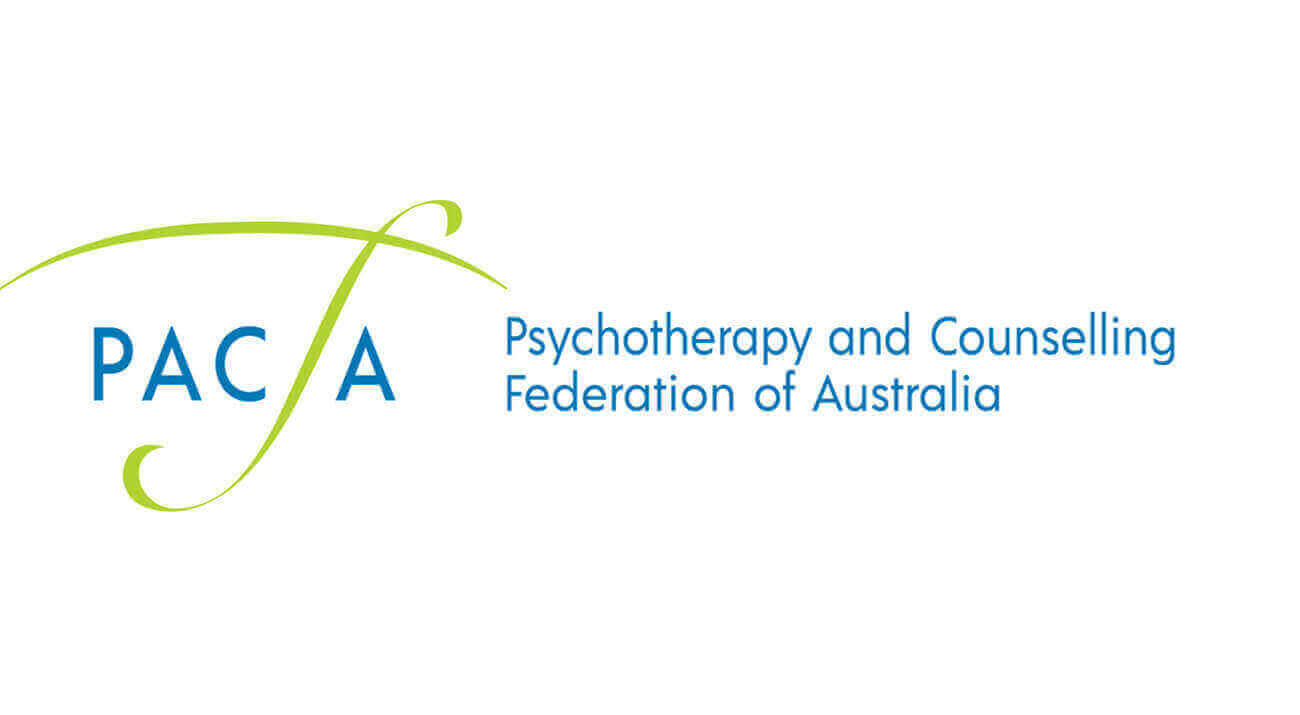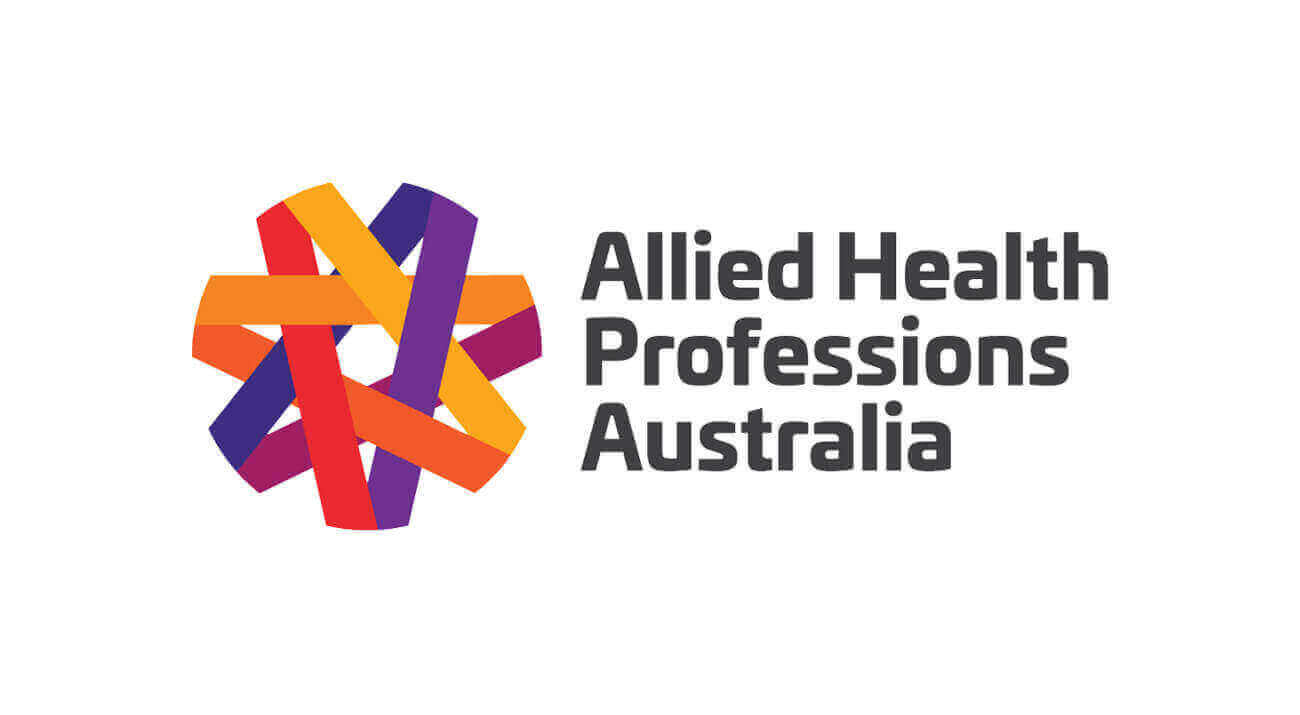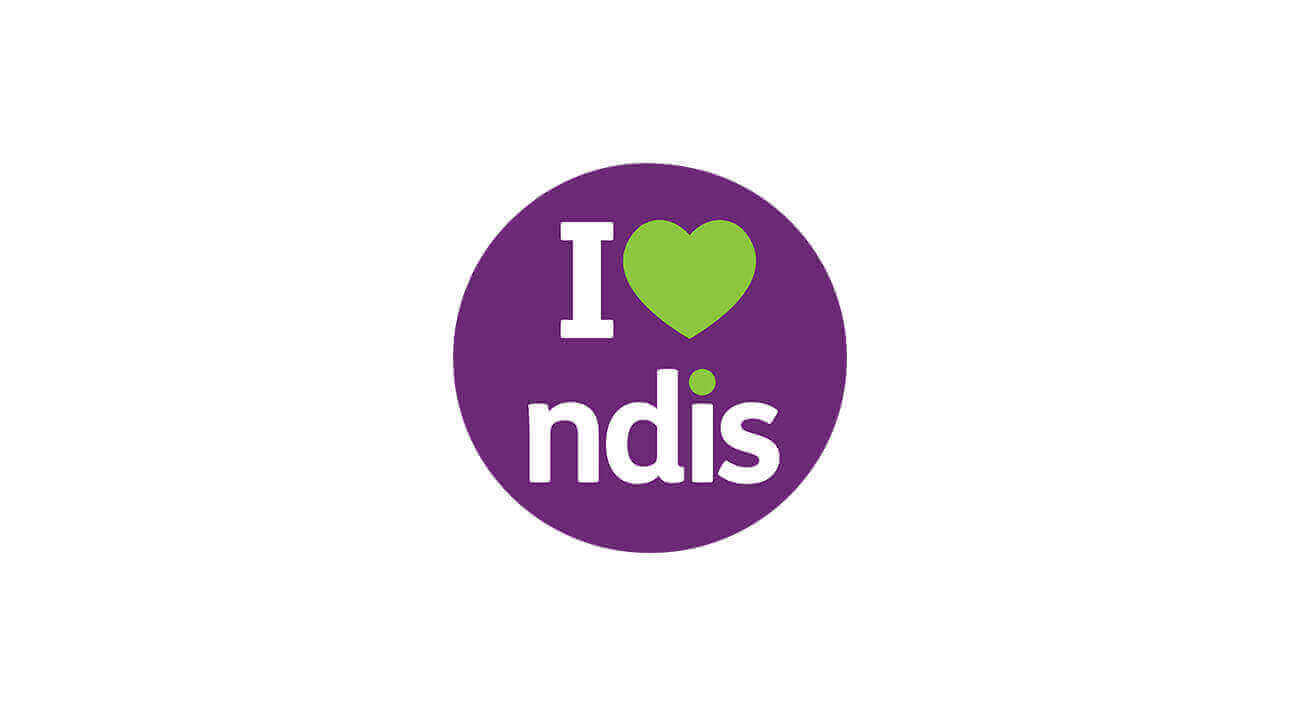Why Conflict Can Be Healthy in a Relationship & How to Manage It?
26 June, 2024
What does a good marriage mean to you? If you think you need to maintain a good relationship by cutting out or hiding your true emotions, your relationship could be in trouble. Relationships where couples hide their emotions or don’t express their hurt feelings can lack an emotional connection. You learn and connect better only when you reveal your true feelings, even if that ends in a conflict. That’s why conflict is necessary and can be healthy in a relationship.
Why Avoiding Conflict Is Unhealthy in Relationships?
Conflicts can be a disagreement, debates or arguments and avoiding them at first seems like the best thing you could do for yourself and the relationship. This happens in most relationships, especially in the beginning stage, because you think conflict is bad and may drive the other person away.
It can also be because you came from a family where your parents were emotionally unpredictable or had similar past relationships. But the more you try to avoid conflict, the more you are making your partner anxious, making them chase you to respond. So eventually, these unresolved issues start sticking together and create a distance between you and your partner. Precisely, an emotional withdrawal.
Suddenly you find your partner yelling at you for a simple thing, and you start wondering why. It’s because of the growing anger and frustration, which is a by-product of the unaddressed issues and hurt that you avoided before. Frequent instances like this drive a wedge between you and your partner, making you feel lonely in your relationship. That is why conflict is necessary to help you process your misunderstandings and moments of disconnection.
Signs That Indicate You and Your Partner Are Emotionally Detached
- You and your partner are unresponsive to each other— like you are unwilling or unable to share your emotions or problem.
- You don’t feel like comforting or soothing your partner when they are stressed.
- Your relationship has no passion it once had. You and your partner no longer connect like you used to.
- You no longer have a laugh or chat together. Maybe you lost interest in your partner.
- You or your partner start feeling alone in the relationship.
- Lack of respect, love, trust, and intimacy. You have stopped expressing your love.
- Lack of affection, joy, and friendship.
- You start pretending that everything is okay. You don’t feel about fighting or complaining because you start believing that something is wrong with you.
How To Fix Emotional Detachment?
Partners must be willing to confront the emotional withdrawal, even if you have deliberately chosen to remove yourself from your partner. Also, it is essential to tolerate some level of discomfort and unpleasant situations to help grow and emotionally connect with your partner for the better.
You must be truly vulnerable with your partner and expose your deeper emotions, even if it feels uncomfortable. If you don’t do this, you seek emotional connection from outside, bringing a near end to your relationship. If you have difficulty explaining or opening up to your partner, relationship counselling can help you.
Healthy Conflict Is Necessary for a Relationship
Conflicts act as a catalyst in relationships. It brings together couples by allowing them to express their deeper emotions and be true to themselves and their partner. It also improves their ability to understand each other, heal and strengthen their relationship.
Therefore, having conflicts is a necessary part of a healthy relationship, and you must cultivate the habit of developing healthy conversations with your partner. You must also learn to disagree and say no in a respectful manner to figure out solutions that work for both of you.
An always happy relationship where emotional disconnection prevails is not a healthy relationship. If you are in such a situation, seek help from our relationship or marriage counselling services at Adelaide Counselling Practice.
Contact us to book an appointment.



